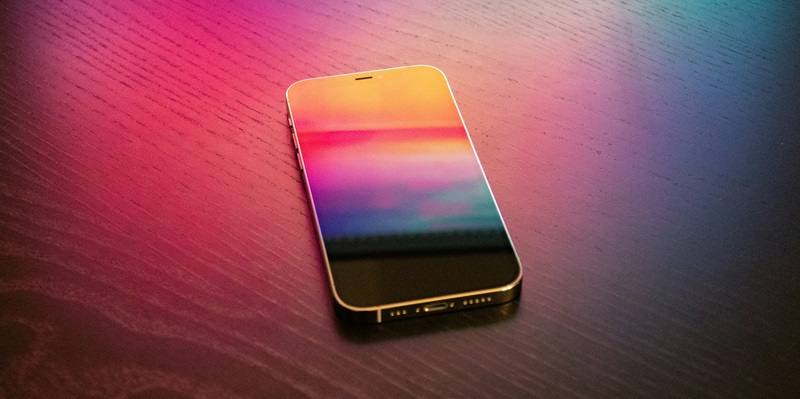Apple’s much-rumored venture into the realm of foldable smartphones—a market scoped and scaled predominantly by Samsung and other tech players—has stirred prospective tech revolution. Poised to unveil its foldable innovation, possibly part of the iPhone 18 series, Apple has set ambitions high with a planned release in September 2026. Aiming to dispatch an astounding 50 million units outstrips the entire volume of foldable phones shipped globally in 2022—a clear signal that Apple intends not just to join, but to redefine the foldable smartphone narrative. This strategic move, reinforced by reallocating resources and experts from the company’s Vision Pro team, highlights Apple’s intention to bring its hallmark of user-centric engineering to a technology that, thus far, has remained niche in its appeal.
Unfolding the Future
The anticipation for an Apple-branded foldable device surges as the company is known for its meticulous design philosophy and influence on user expectations. The challenges that Apple aims to overcome include the durability of the foldable display and common design flaws like creases and the overall bulkiness of the device. Past encounters with technological hurdles have not only been resolved by Apple but have also led to innovative leaps, creating benchmarks within the industry. Speculations hint that the company may introduce a foldable iPad ahead of the iPhone, potentially using it as a test bed for refining the folding technology. If tradition holds, Apple’s introduction of a foldable iPhone could well lead consumers into a new era of mobile computing, much like the original iPhone reshaped the smartphone landscape.
A successful foldable iPhone from Apple’s stable is not just about entering an extant category but setting a new criterion for the smartphone experience. Understanding that the foldable device market remains relatively immature, Apple’s move is expected to catalyze a leap in both technological advancement and user adoption. The tech giant’s reputation for meticulous design and robust ecosystem integration suggests that their foldable device will not merely be a novelty but an integral part of the seamless Apple user experience. With impressive sales targets that far exceed current market volumes, Apple is not just betting on a fad; it’s strategizing to carve out a dominant space in the next evolution of smartphones.
Potential Market Transformation
Apple’s anticipated venture into the foldable smartphone market could spark a wave of innovation, challenging competitors to enhance their technology to keep pace. This anticipated product could redefine consumer expectations, making versatile, multipurpose devices the new norm. Apple’s focus will likely be on refining the foldable phone’s durability and usability, aiming to create a device that resonates with a broader audience, rather than a niche market.
The potential success of a foldable iPhone, which would likely be integrated with Apple’s vast ecosystem, may set new benchmarks for user experience and design. Assuming Apple overcomes the initial hurdles faced by foldable devices, its foray might initiate an era of technological progress reminiscent of the impact made by the original iPhone. The tech industry is abuzz with the prospective implications of Apple’s entry into the foldable space, signaling a momentous shift in mobile technology utilization and perception.

